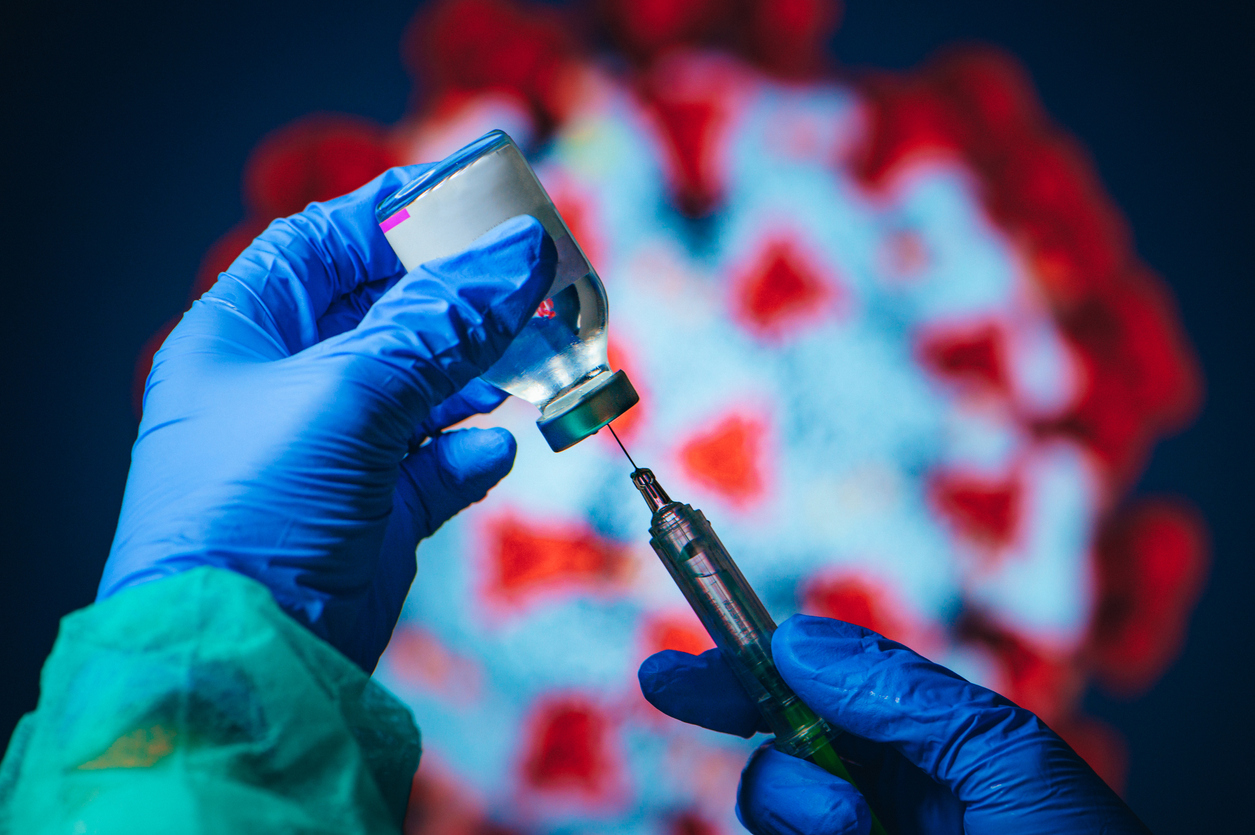
Vaccination must; it reduces severity, mortality rate of COVID-19: Experts

A recent statement by the US Centres for Disease Control and Prevention about vaccinated people contracting COVID-19 at a faster pace has raised concern among the vaccinated populace in India, especially when a third wave of the pandemic is said to be in the offing. While those calling the mass vaccination campaign a futile exercise have used the new cases to corroborate their point, experts quoting recent reports of vaccination surveillance say such arguments hold no water.
Experts have said the objective of vaccination is not to prevent a re-infection, but to bring down the severity and mortality rate of the disease. As per the guidelines issued by World Health Organisation on April 29, vaccination is said to be effective if the symptomatic re-infection does not exceed 50 per cent of the total number of people vaccinated. Recent vaccination surveillance report released by Public Health England shows that a vaccine is highly effective in reducing severity and thus fatality and symptomatic re-infection and hospitalisation.
Several studies of vaccine effectiveness have been conducted in the UK which indicate that a single dose of either vaccine is between 55 per cent and 70 per cent effective against symptomatic disease, with higher levels of protection against severe disease including hospitalisation and death. Additional protection is seen after a second dose. According to the report, there is now also evidence that the vaccines are effective in protecting against infection and transmission of a disease.
Also read: Third wave likely in Oct: Are we prepared to treat our children?
By August 15, 2021, the overall vaccine uptake in England for was 63.5 per cent and 54.4 per cent for first and second doses respectively. The report states that the vaccination programme has directly averted over 82,100 hospitalisations. Analysis on the direct and indirect impact of the vaccination programme on infections and mortality suggests that the vaccination programme has prevented between 23.6 and 24.4 million infections and between 91,700 and 98,700 deaths in the UK.
According to experts, the pattern is the same in Indian states like Kerala too. Dr Padmanabha Shenoy, a COVID expert and a rheumatologist says that the percentage of active cases requiring ICU and ventilator beds has halved over last two months as the percentage of fully vaccinated adult population has increased from 6 to 24 per cent in Kerala.
“This is similar to the trend what we see in UK. But a small percentage of a big number will also be relatively big. So if we cross 3 lakh mark in active cases in this wave there will be a strain on the healthcare system,” he said.
As on July 27, 2021 the total number people who died even after being administered both doses of the vaccine was 96 in Kerala. The number of deaths after the first dose of vaccination is 546, according to an answer given in the Assembly on July 28. As on July 16, 2021, the total number of health workers who succumbed to COVID was 26. According to experts, these figures establish the theory that vaccination is highly effective in bringing down mortality.
Kerala’s COVID numbers require a closer analysis in terms of re-infections and breakthrough infections. Chief Minister Pinarayi Vijayan has informed that in a few Districts such as Idukki, Palakkad and Kasargodu, the breakthrough infection rate is more than five per cent. He instructed the experts to conduct further studies in these districts. The local bodies have also been asked to provide the number of vaccines administered so far.
Also read: Can’t hold a gun to people’s head: Experts on Kerala’s COVID numbers
The absence of transparency in releasing the data is a huge hurdle as far as the researchers are concerned. “All governments including that of Kerala show resistance in providing the data. We don’t know exactly how many people show symptoms after being administered two doses of the vaccine,” says Dr. Arun N.M., a commentator on COVID-19 and an expert in internal medicine.


